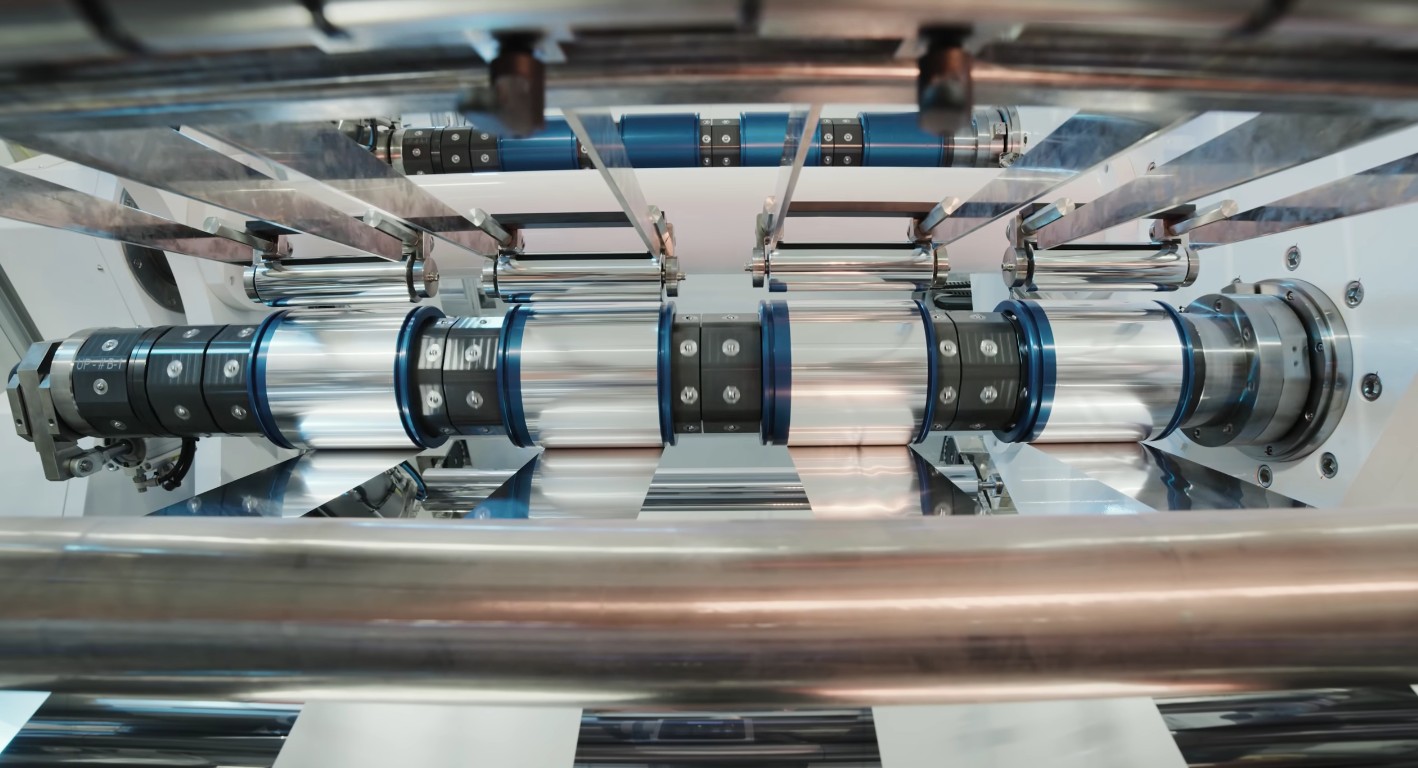Everyone keeps talking about how Tesla is light-years ahead of other automakers in battery technology.
The problem with this line of thinking is that the OEMs are not the ones making the batteries.
In terms of battery tech, as far as I can tell Tesla is really competing with LG Chem & CATL, and to a lesser degree future entrants like Northvolt. Perhaps someday with Panasonic too, if the partnership diverges or if e.g. Panasonic/Toyota makes advances that aren't shared with Panasonic/Tesla.
I'll buy that GM and Ford aren't making major advances in battery tech. But I would have to think LG Chem and CATL aren't planning to just ride today's battery chemistry through an age of declining value until it expires and they go bankrupt. Shouldn't they be hard at work on new chemistries too? China has some brainpower, and I have to think CATL is currently better-positioned than Tesla to take advantage of battery research there.
Any real idea whether the OEMs are going to be able to ride third-party battery improvements to better compete with Tesla's efficiency going forward? I don't have any real evidence of it, but I wouldn't be so quick to rule it out, either.
The problem with this line of thinking is that the OEMs are not the ones making the batteries.
In terms of battery tech, as far as I can tell Tesla is really competing with LG Chem & CATL, and to a lesser degree future entrants like Northvolt. Perhaps someday with Panasonic too, if the partnership diverges or if e.g. Panasonic/Toyota makes advances that aren't shared with Panasonic/Tesla.
I'll buy that GM and Ford aren't making major advances in battery tech. But I would have to think LG Chem and CATL aren't planning to just ride today's battery chemistry through an age of declining value until it expires and they go bankrupt. Shouldn't they be hard at work on new chemistries too? China has some brainpower, and I have to think CATL is currently better-positioned than Tesla to take advantage of battery research there.
Any real idea whether the OEMs are going to be able to ride third-party battery improvements to better compete with Tesla's efficiency going forward? I don't have any real evidence of it, but I wouldn't be so quick to rule it out, either.




